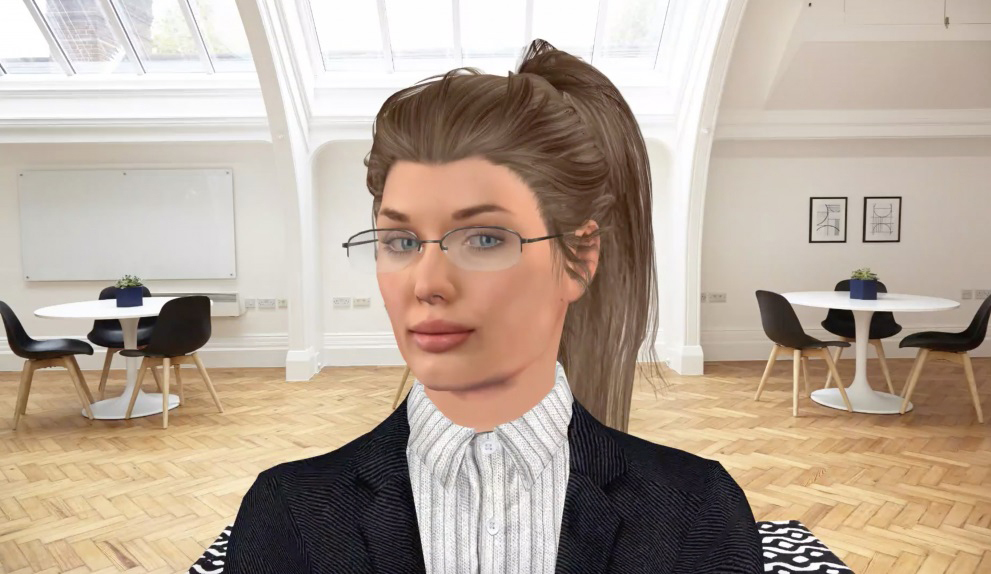A Russian startup has created a new way to help companies connect with job-seekers and interview them.
Her name is Vera, and she’s able to interview as many as 1,500 job candidates in a single work day, sorting through potential hires at a rate that would take most recruiters months to match.
She even sends customized follow-up emails.
Perhaps more attractive – as far as her clients are concerned – is that Vera works full time for free and never burns out.
Her secret: not being human. Officially known as “Robot Vera,” the master recruiter is an artificially intelligent software technology that uses machine learning, allowing her to refine her conversational skills with more practice. At the moment, Vera is being employed by several hundred Russian companies to simplify the ongoing hunt for new hires, according to Alexei Kostarev, 38, who co-founded Robot Vera with several partners in 2017.
“We wanted to create something that functioned like Uber for job recruitment, but instead of calling a car, a company would be able to call a pool of people looking for a job,” said Kostarev, who compares the sound of Vera’s voice to that of Siri or Alexa. “Right now, we have 200 companies using Robot Vera, which means the software is conducting about 50,000 interviews a day.”
Vera has the ability to speak Russian or English at different speeds and sound like a man or a woman, depending on her employer’s preference, Kostarev said. He said the software is most effective for companies engaged in mass recruitment for blue-collar jobs, such as sales clerks and construction workers. The company’s clients include retail and distribution companies and banks, Kostarev said.
The process starts when companies provide Vera with a job description and interview questions tailored to their employee search. The robot is linked to sites with job postings like CareerBuilder, Avito and Superjob, allowing her to review online résumés and cover letters and match them with job openings. Once a match occurs, Vera calls the candidate.
“When you answer the phone, she says ‘Hi, my name is Vera, and I am a robot – are you still looking for a job?’ ” Kostarev said. “If the answer is ‘yes,’ Vera can conduct an interview over the phone or by video interview.”
Interviews last about eight minutes. Vera is also often able to answer candidates’ questions, as well, Kostarev said. Right now, he noted, the software is able to respond accurately 82 percent of the time, a number the company expects to increase to 85 percent in the next few months. Afterward, promising candidates are passed to human recruiters, who make the final hiring decisions.
The technology’s primary benefit is that it saves recruiters time. Kostarev said a large portion of the résumés posted to job sites belong to people who are no longer looking for employment. Human recruiters waste hours filtering through candidates who aren’t available. Kostarev said recruiters must make 100 phone calls just to get 20 eligible candidates.
“Every year we receive thousands of résumés from people willing to work at IKEA Retail Russia,” said Ikea spokeswoman Daniela Rogosic, noting that the company used the software for a pilot program in Moscow last fall. “The initial selection is very extensive work requiring significant time resources from our HR specialists. This was what drove the idea to try the new approach and use Robot Vera.”
Kostarev said Vera’s inventors have been surprised that candidates are often more willing to offer candid criticism about job openings with Vera than they are with human recruiters. And yet, Kostarev said, he still sees a vital role for human recruiters and face-to-face interviews.
“As far as searches for executive hires, I don’t see any opportunities for the robot to do that job,” he said. “Humans can do it much better. What I do see is that recruiters will begin managing AI more and more and using it as a tool to do their job more efficiently.”
Send questions/comments to the editors.


